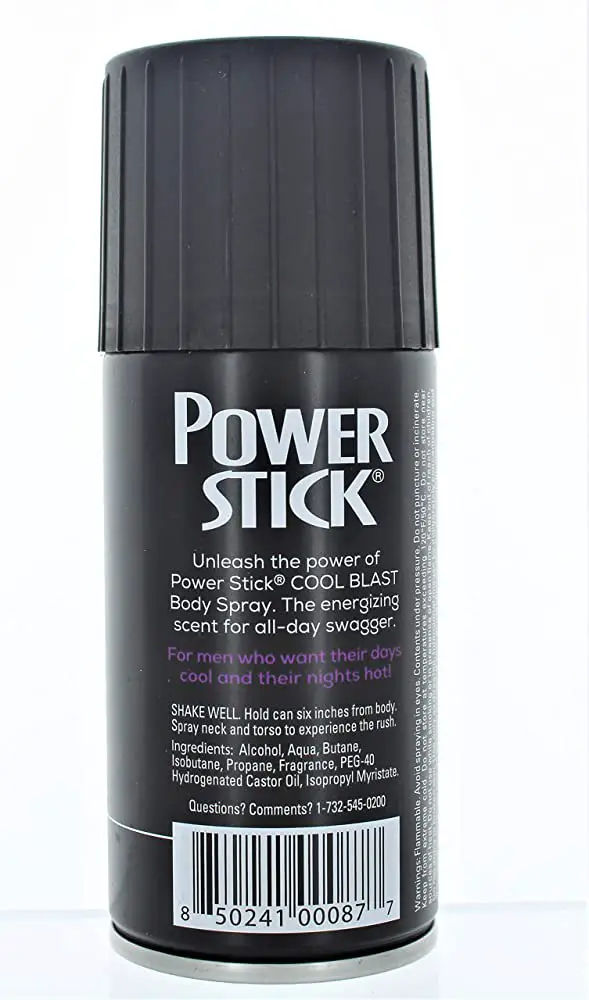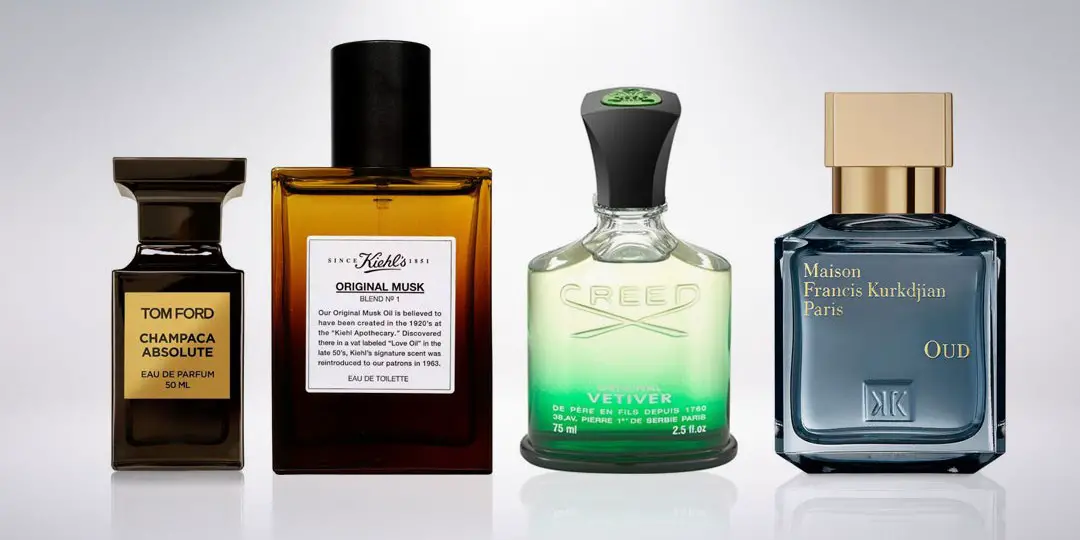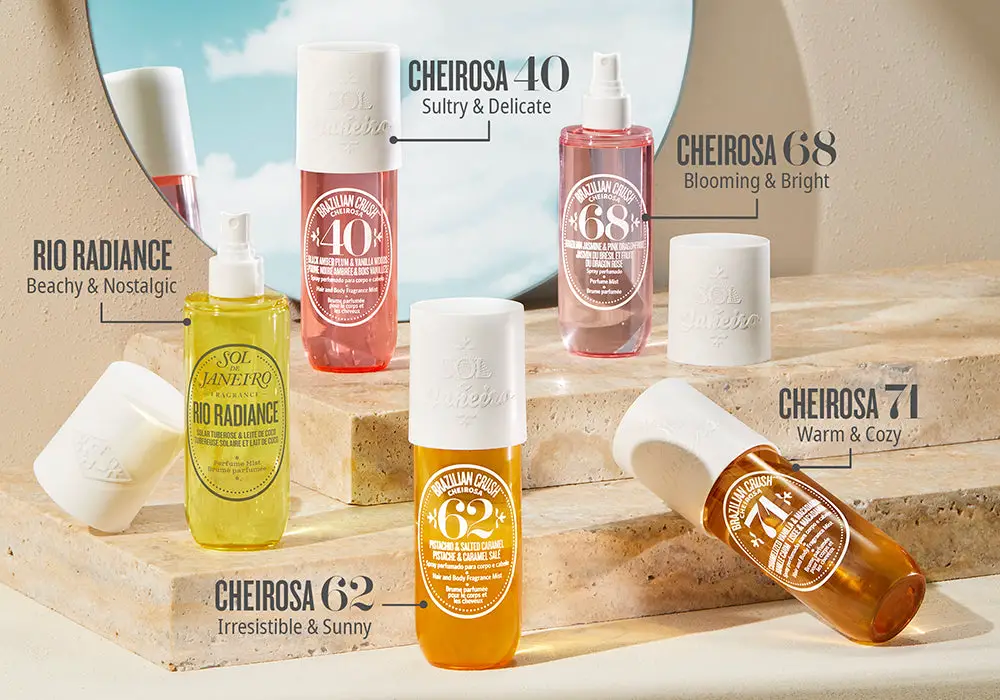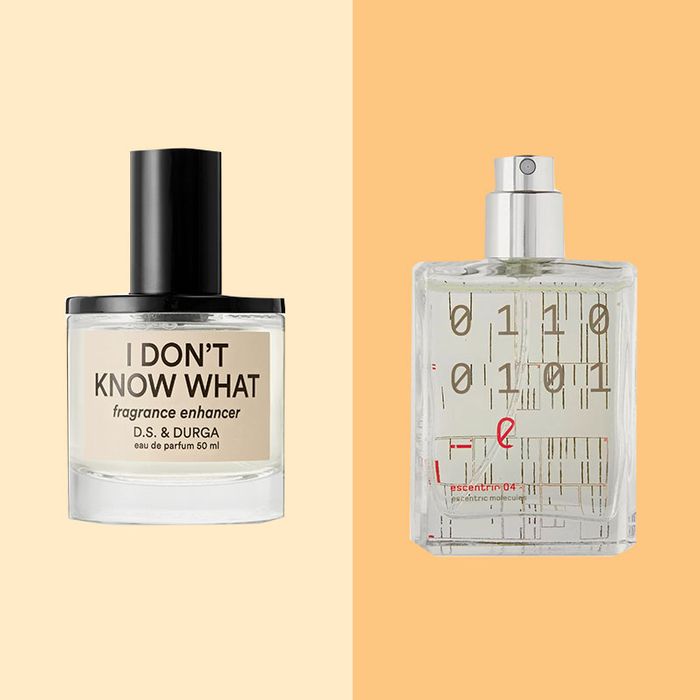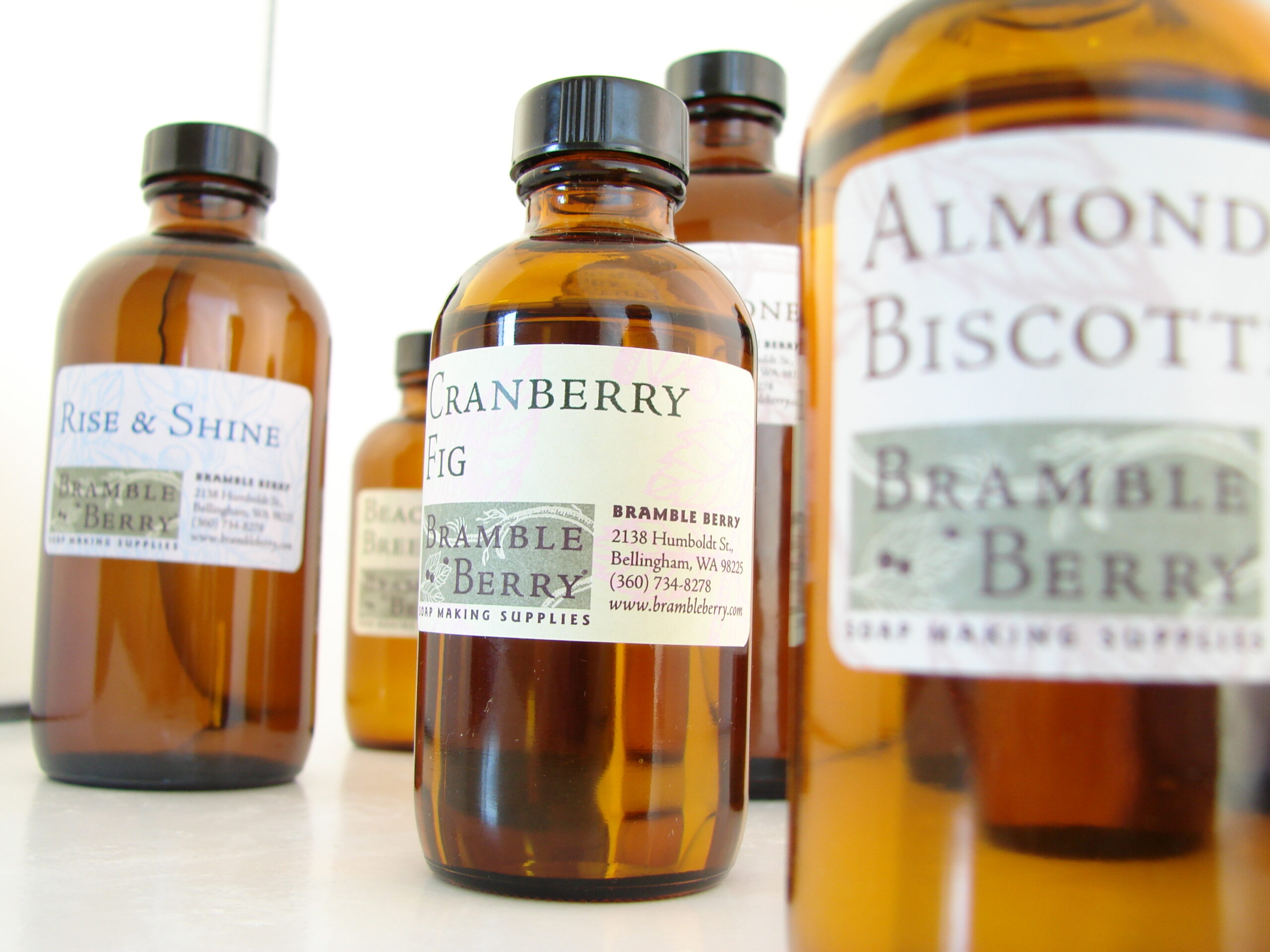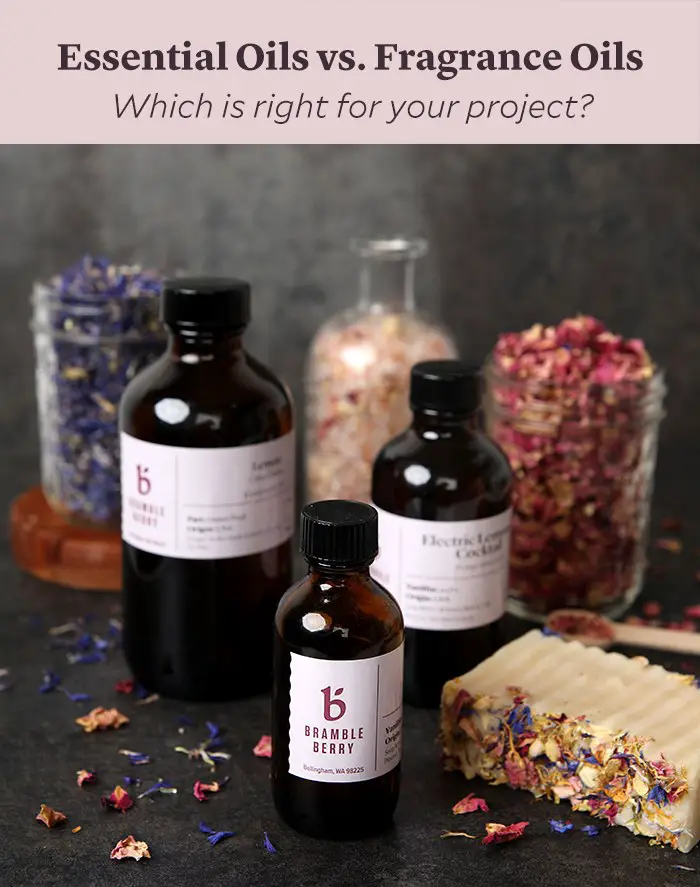Perfumers alcohol is a specially denatured alcohol blend used in the creation of perfumes and other scented products. Unlike regular alcohol, it is formulated specifically for dissolving essential oils, fragrance oils, and other aromatic compounds, ensuring that the final product has a balanced and long-lasting scent. Here, we’ll dive into the specifics of perfumers alcohol, its uses, and address some frequently asked questions.
Understanding Perfumers Alcohol
Perfumers alcohol typically comprises a mix of ethanol (the primary component), isopropyl myristate (a solvent that helps the alcohol blend with oils), and other denaturants that make it unfit for consumption. The denaturing process is essential to exempt it from excise duties that apply to consumable spirits, making it a cost-effective solution for perfumery.
Key Components:
- Ethanol: The main carrier solvent that evaporates quickly, leaving behind the fragrance.
- Isopropyl Myristate: Enhances the solubility of oils in alcohol, ensuring a stable mixture.
- Denaturants: Added substances to render the alcohol undrinkable, fulfilling regulatory requirements.
Uses of Perfumers Alcohol
- Perfume Creation: The primary use of perfumers alcohol is in the production of perfumes. It acts as a carrier for essential oils and fragrance compounds, allowing them to be applied evenly to the skin.
- Room Sprays and Diffusers: Perfumers alcohol is also used in the creation of room sprays and diffusers, providing a medium that evaporates quickly and disperses fragrance into the air effectively.
- Personal Care Products: It can be found in products like aftershaves, body sprays, and scented lotions, offering a consistent scent release.
Benefits of Using Perfumers Alcohol
- Quick Evaporation: Ensures that the fragrance oils remain on the skin or in the air while the alcohol evaporates.
- Scent Longevity: Helps to extend the longevity of the scent on the skin.
- Stability: Provides a stable medium for mixing different fragrance components without altering their inherent properties.
Frequently Asked Questions (FAQs)
1. Can I use regular alcohol to make perfumes?
While you can technically use regular alcohol, it is not recommended. Perfumers alcohol is specially denatured to enhance fragrance solubility and evaporation rates, which are crucial for a well-balanced and long-lasting scent. Regular alcohol may not provide the same results and is subject to higher taxes and legal restrictions.
2. Is perfumers alcohol safe for the skin?
Yes, perfumers alcohol is generally safe for topical use in perfumes and other scented products. However, as with any cosmetic product, it’s advisable to conduct a patch test to ensure there are no allergic reactions or skin sensitivities.
3. How do I store perfumers alcohol?
Store perfumers alcohol in a cool, dry place away from direct sunlight and heat sources. Ensure the container is tightly sealed to prevent evaporation and contamination. Proper storage will maintain its efficacy and longevity.
4. Can I make my own perfumes using perfumers alcohol at home?
Absolutely! Perfumers alcohol is a great base for DIY perfume projects. You can mix it with essential oils and fragrance oils to create your own unique scents. Start with a small batch to experiment with ratios and combinations before scaling up.
5. What is the difference between perfumers alcohol and rubbing alcohol?
Perfumers alcohol and rubbing alcohol (isopropyl alcohol) are not the same. Perfumers alcohol is specifically formulated for fragrance blending, whereas rubbing alcohol is designed for antiseptic use and contains water and other substances that can affect fragrance performance.
6. Where can I buy perfumers alcohol?
Perfumers alcohol can be purchased from specialty cosmetic ingredient suppliers, online marketplaces, and some craft stores. Ensure you are buying from a reputable source to guarantee the quality and purity of the product.
In conclusion, perfumers alcohol is a vital ingredient in the world of fragrance creation, providing the perfect medium for dissolving aromatic compounds and ensuring a pleasant, lasting scent. Whether you’re a professional perfumer or a DIY enthusiast, understanding its properties and uses can significantly enhance your fragrance crafting experience.


